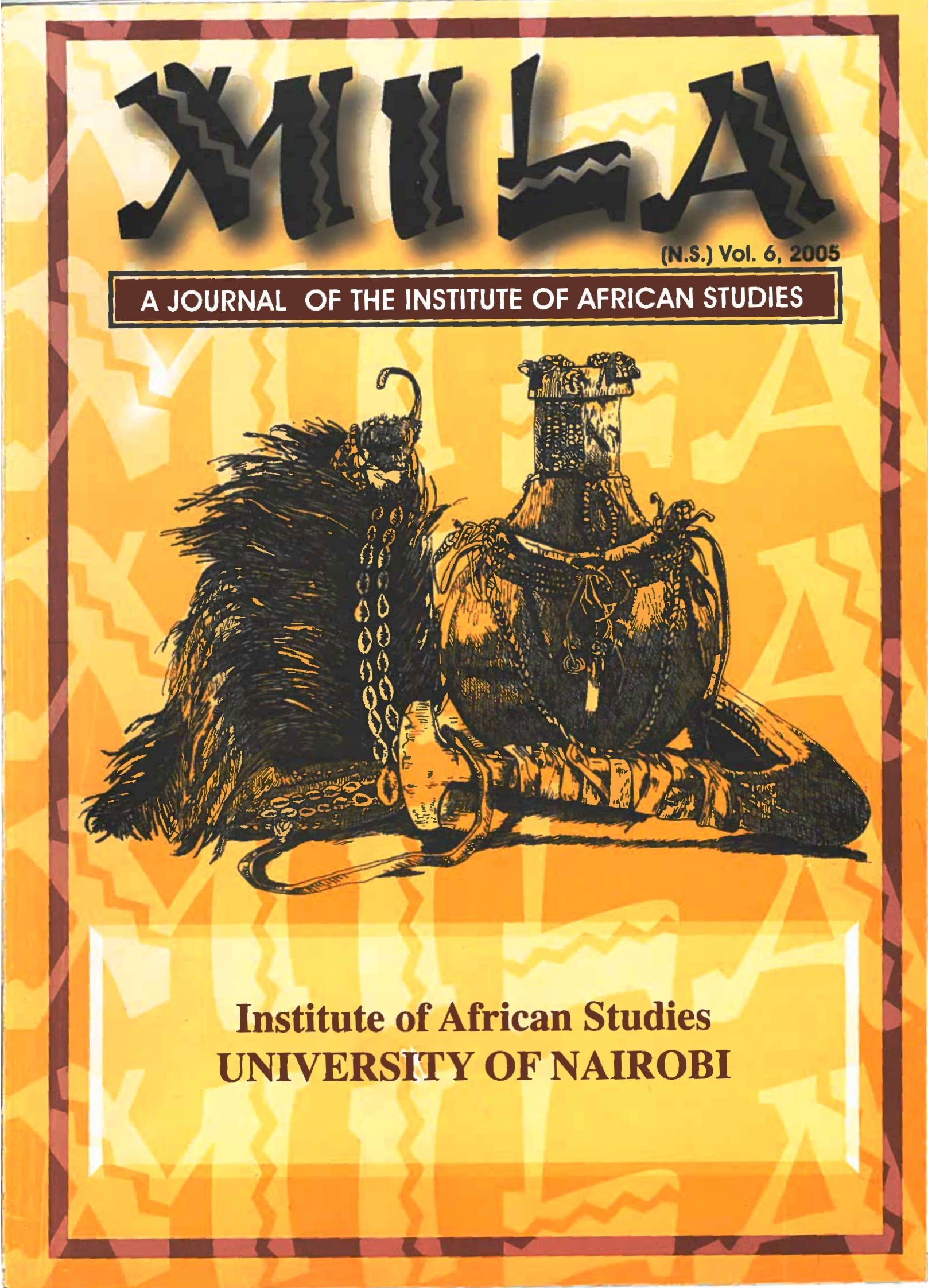Changing Perceptions on Wife inheritance in the Bukusu Community of Bungoma District, Western Kenya
Abstract
This study describes the prevalence and changing attitudes towards wife inheritance among Babukusu of Bungoma District, Western Kenya. Like other patriarchal societies, men here are the main decision-makers and property owners. The study found that the practice of wife inheritance is generally on the decline. The HIV/AIDS epidemic and a combination of other socio-economic reasons were found to be responsible for this decline. Educational level influenced the perception of wife inheritance whereby a majority of those in support of the practice were illiterate and semi-illiterate as opposed to the highly educated informants who opposed the practice. Gender was also related to the respondents' opinion on wife inheritance; more men than women were in support of it. The authors conclude that community-based interventions involving different groups such as the church, the provincial administration, and women groups are needed to accelerate the decline of this practice or, at least, to make it possible for women who opt out to do so. Such interventions should be geared towards providing more information to women, increasing educational opportunities, especially for girl children, and empowering women economically.

